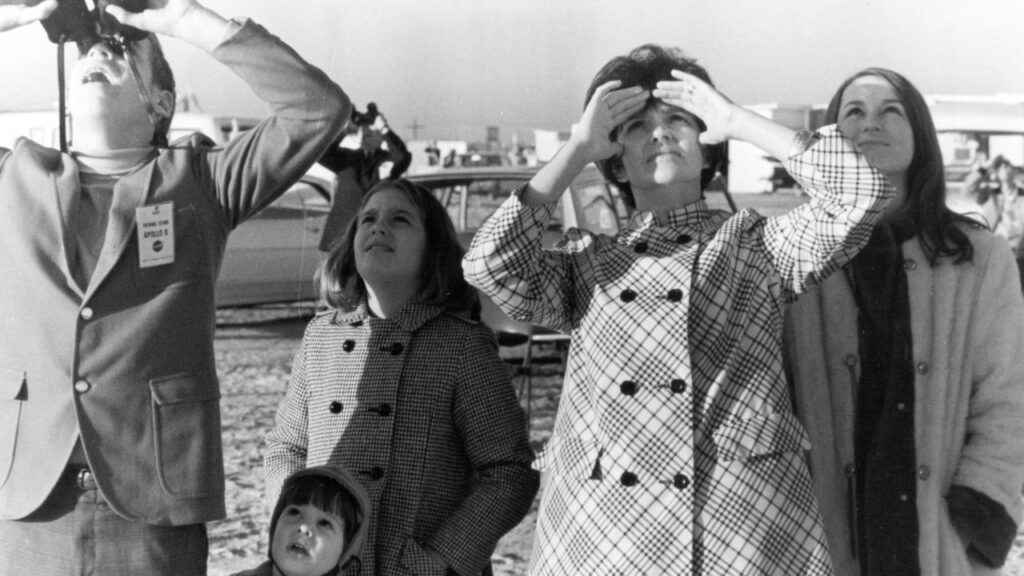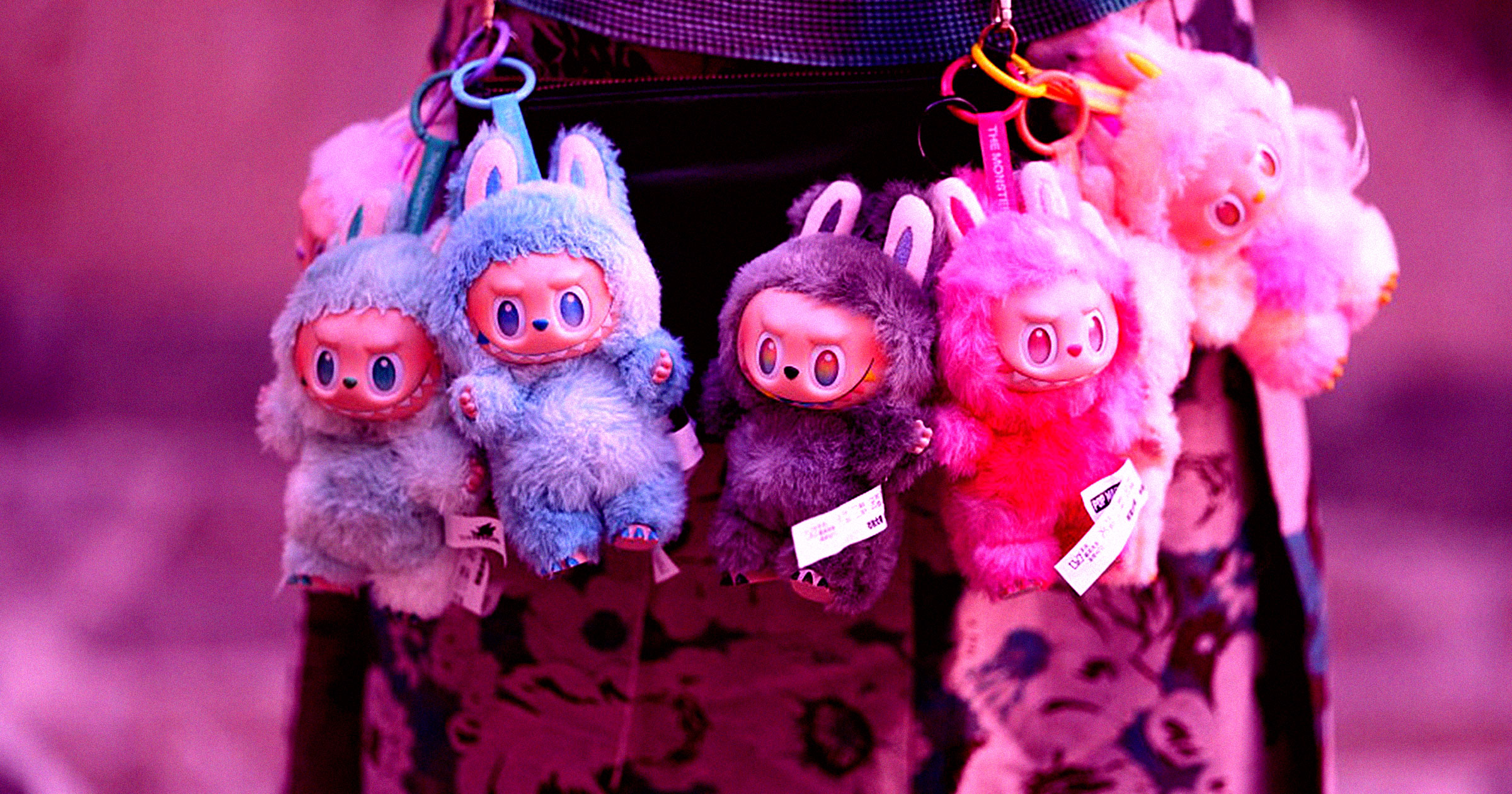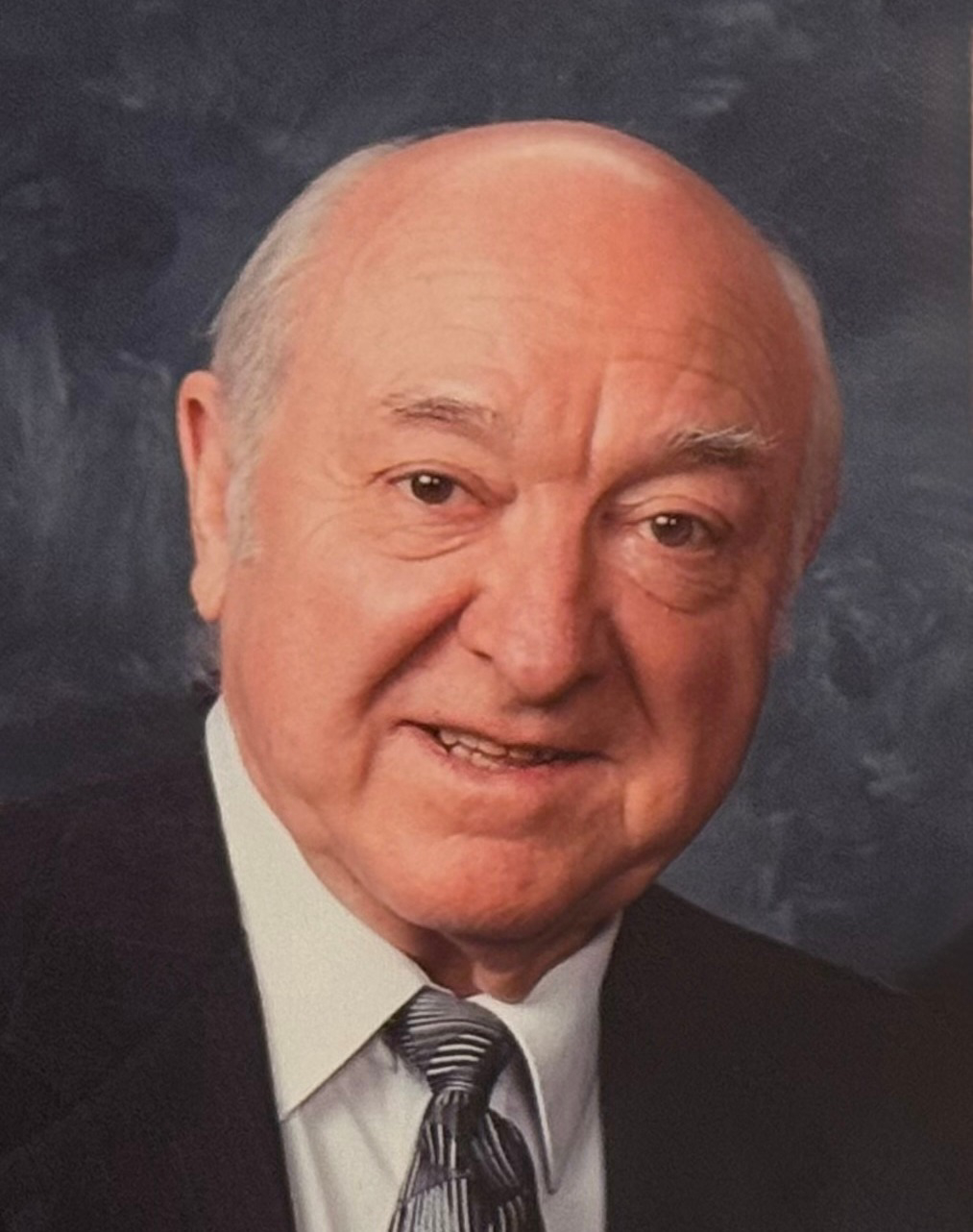
Living in space presents significant challenges not only for astronauts but also for their families. The emotional and logistical struggles faced by loved ones of space travelers can often parallel those experienced by military families, who similarly endure long separations and the inherent risks associated with their loved ones’ professions.
The 1995 film “Apollo 13,” which depicts the harrowing journey of astronauts Jim Lovell, Jack Swigert, and Fred Haise, highlights the strain placed on families during such missions. As the narrative unfolds, it integrates the personal lives of their spouses, showcasing the tension and worry experienced by families as they watch their loved ones navigate perilous situations in space. These family dynamics have been explored further in works like “The Astronaut Wives Club,” which documents the experiences of astronauts’ spouses.
The emotional toll of space missions on families is an area that has not been extensively researched. While the public has a fascination with the lives of astronauts, understanding the daily impacts on their families remains crucial. According to Air Force Colonel Catie Hague, whose husband, Nick Hague, faced a booster failure shortly after launch, the uncertainty of space missions creates a persistent atmosphere of vigilance, akin to the experiences of military spouses.
Research published in 2018 in the journal *Child and Adolescent Psychiatry and Mental Health* highlights that children with deployed parents, both in military and civilian contexts, may face adjustment issues, such as increased risk of substance use. Nevertheless, the study also noted that having a stable job and income can provide some benefits, contributing positively to family structures.
Despite the similarities, there are distinct differences in the experiences of astronaut families. Stacey Morgan, wife of astronaut Andrew Morgan, points out that the public nature of space missions adds a layer of complexity. Family members often watch the launch and mission updates in real-time, heightening the emotional stakes as they share these monumental moments with the world.
In a 2023 article published in *Space Policy*, researchers suggest that families of astronauts might benefit from programs designed for military families, such as the Families Overcoming Under Stress (FOCUS) model. This program aims to help families manage stress and foster mental health resilience, particularly during challenging times. The article also notes that families of space tourists, who may not have the same preparation for the associated risks, could experience heightened anxiety compared to those of trained astronauts.
As public interest in space travel grows, so does the need for comprehensive research on the impact of astronaut life on family dynamics and personal relationships. Anecdotal evidence, such as that provided in the documentary “A Year in Space,” which followed astronaut Scott Kelly during his year aboard the International Space Station, offers insight into the personal sacrifices and challenges faced by astronauts and their families.
In their roles as parents, astronauts Anne McClain and Nick Hague have shared parenting advice, emphasizing the importance of communication and maintaining family traditions even during extended absences. Hague highlighted that much of the parenting responsibility falls to the spouse at home, making open dialogue essential for involving the astronaut in family life.
The experiences of astronauts extend beyond professional challenges; they also encompass personal journeys, including family planning. Kellie Gerardi, a commercial astronaut, has openly discussed her journey through in vitro fertilization while preparing for a second space mission scheduled for 2026. Her experiences reflect the unique considerations faced by astronauts who navigate both their professional commitments and family aspirations.
As space exploration continues to evolve, it is vital to understand the full spectrum of family dynamics surrounding astronauts. While their missions inspire awe and admiration, the sacrifices of their families deserve equal recognition. The emotional landscapes of these families provide a deeper understanding of what it truly means to live with the realities of space travel.







